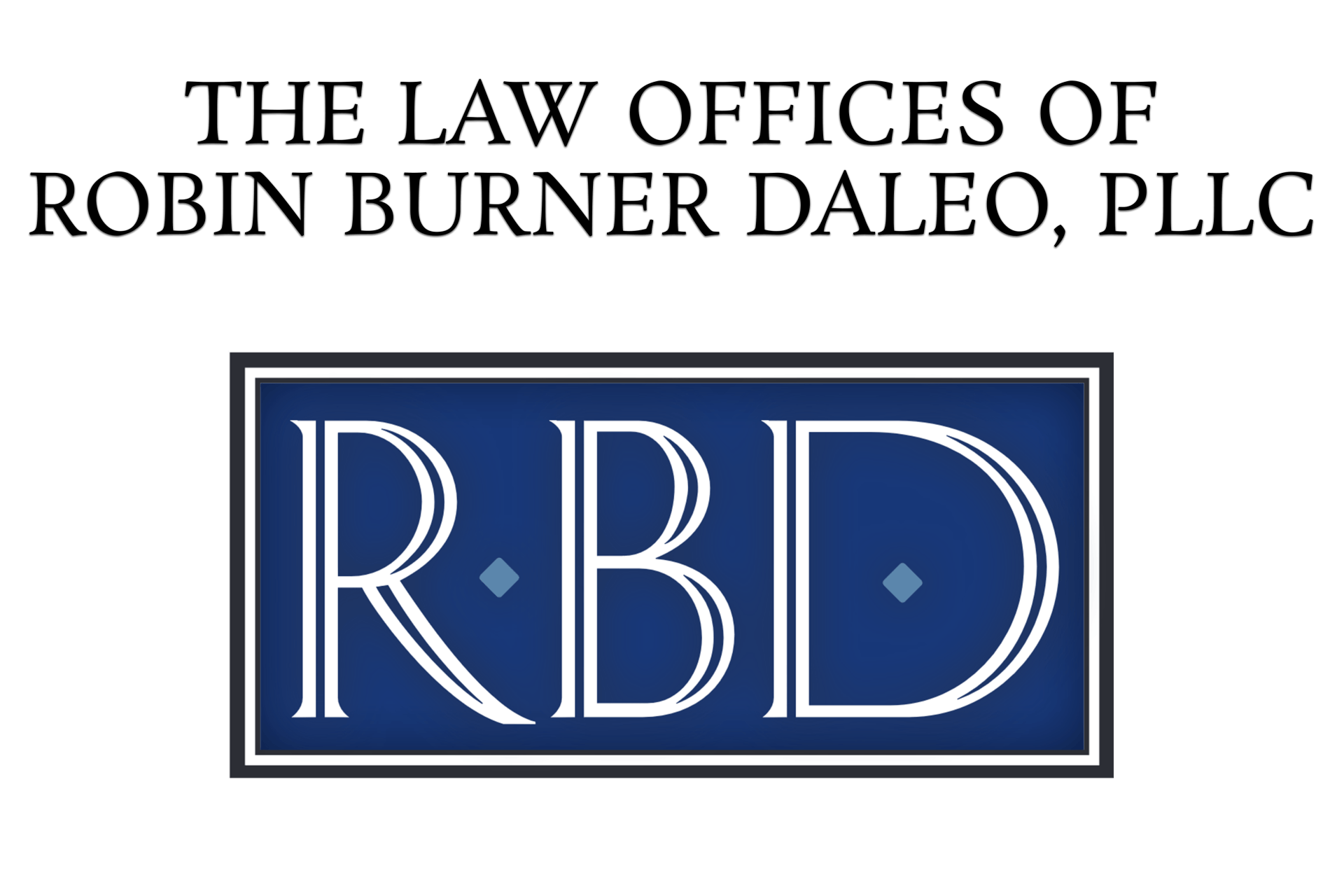Should I Create an Irrevocable Trust Even Though I Do Not Own a Home?

Question:
I do not own a home, but I am concerned about protecting my assets? Is it worth it to think about creating an Irrevocable Trust?
Answer:
Yes. As you know, an Irrevocable Trust, often referred to a Medicaid qualifying trust, is a trust that you create with the idea of protecting assets should a time come that you require long term care at home or in a nursing facility. You as the Grantor, also referred to as the Creator or the Settlor, create and fund the trust with assets that you are looking to protect. You must name someone other than yourself or your spouse as trustee to manage the assets that are held in the trust. You will also name beneficiaries just as you would in a last will and testament to state who will receive the trust assets upon the death of you and your spouse. Once you have transferred assets into a properly drafted Irrevocable Trust and they have been there for a period of five years, they will be considered unavailable if you need to apply for Medicaid to assist with the cost of your nursing home care. The assets are deemed protected the month after funding the trust if you are applying for Medicaid to assist with the cost of at home care. Oftentimes the trust is used primarily to protect the home and other assets are added to the trust as a secondary concern. However, for many of our clients who do not own real property, the trust can be just as useful in protecting assets. For example, most non-qualified (non-retirement) assets can be transferred into an Irrevocable trust, including brokerage accounts and non-qualified annuities. In addition to the benefit of asset protection, the trust will also provide for orderly management of your assets during your lifetime as well as avoidance of probate at death.
As the grantor, you are entitled to all income generated from trust assets and the income is taxable to the grantor directly. In fact, most financial institutions can arrange for the income to be sent to you directly on a regular basis, which eliminates the need for the trustee to periodically transfer the assets. In a properly drafted trust the grantor has the right to change beneficiaries and trustees at any point giving some flexibility to the otherwise ominous sounding “irrevocable trust.” So regardless of whether you own a home or not, you should visit with an elder law attorney to discuss the type of assets you own and how you can protect them.













